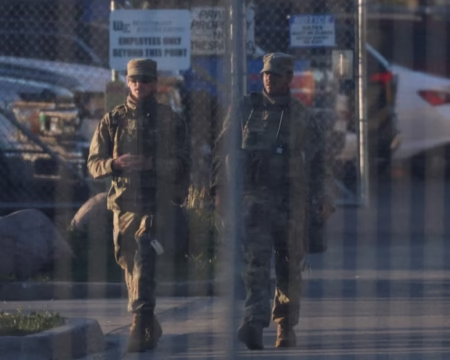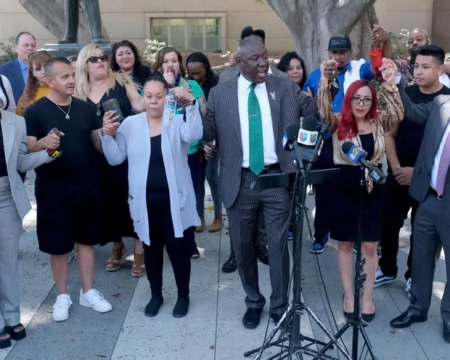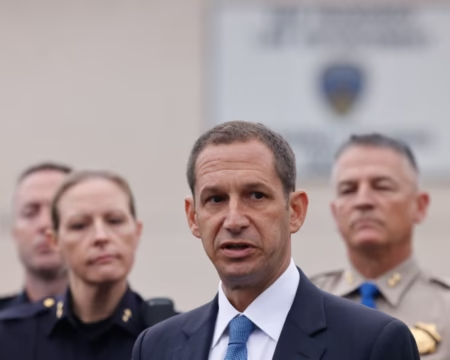South Korea’s former president Yoon Suk Yeol has been officially charged with abuse of power and other serious offenses. Prosecutors accuse him of trying to block the democratic process by using military force and fabricating official documents.
On December 3 of last year, Yoon declared martial law without following the legal steps required. He then ordered military troops to surround the National Assembly, aiming to stop lawmakers from voting against his declaration. This sudden move shocked the nation and pushed South Korea into a political crisis.
Yoon became the first sitting president in South Korean history to be taken into custody while still in office. He resisted arrest for several weeks, using his presidential security team to block investigators. Authorities finally detained him in January.
However, he was released on a legal technicality in March, even though his trial for insurrection was still ongoing. Last week, the court issued a new arrest warrant due to concerns that Yoon might try to destroy key evidence in the case. He was detained again and remains in custody.
Prosecutor Park Ji-young spoke to the press and confirmed the charges. Yoon is accused of abuse of power and interfering with official duties. Prosecutors say he broke the law by not holding a full cabinet meeting before declaring martial law, which is a legal requirement.
Another charge involves submitting a fake document. This document claimed that both the prime minister and the defense minister supported the martial law order, which was not true. Investigators say Yoon created and later discarded the false file in an attempt to mislead authorities and the public.
Since his most recent detention, Yoon has refused to cooperate with investigators. He has avoided formal questioning but did appear in court last Friday. His legal team requested that the arrest warrant be cancelled.
During the court hearing, Yoon spoke for over 30 minutes. He reportedly defended his actions and cited his poor health and limited physical movement. Despite his claims, the court chose to keep him in custody.
Yoon is currently being held in solitary confinement in a small prison cell. The room has a fan but no air-conditioning, which has raised concerns during South Korea’s ongoing heat wave. Human rights advocates have voiced alarm about the extreme conditions, though prison authorities insist they are following regulations.
This high-profile case has drawn global attention. Legal experts say the indictment could lead to a historic verdict. If found guilty, Yoon may face a long prison sentence and lose his political rights.
Public opinion in South Korea is divided. Some believe Yoon’s actions show a dangerous disregard for democracy. Others argue that the investigation is politically motivated.
The court is expected to proceed with the trial in the coming months. Yoon’s legal team says they will continue to challenge the charges. Prosecutors, meanwhile, are preparing further evidence as the probe expands.
As the case unfolds, it marks a major test for South Korea’s legal system and democratic institutions. Many hope that it will send a clear message that no one, not even a president, is above the law.







